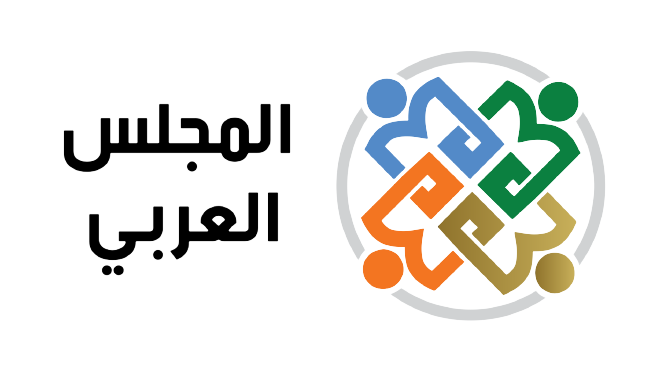Toward a “State of Citizens” on the Ruins of a “State of Subjects”
A Workshop Exploring the Possibility of Formulating a Unified Concept of Arab Citizenship and Its Challenges
The Arab region is witnessing a multifaceted and multi-level conflict among various forces—local, regional, and international—each aiming to impose its will and achieve its legitimate or illegitimate objectives. Among these conflicts, the struggle between forces of change and those seeking to maintain the status quo is one of the most significant. The outcome of this intense battle, ongoing for the past eight years, will determine the future of the region for decades to come. The central question is whether the region will join the ranks of democratic nations where power inheritance and authoritarian perpetuity have vanished, and where the principle of citizenship forms the foundation of governance.
Two opposing trends are evident in the region:
- The first trend advocates for establishing a state based on citizenship, encompassing justice, freedom, equality, inclusivity beyond narrow identities, pluralism, participatory decision-making, decentralized leadership, and human and cultural connectivity.
- The second trend aims to preserve the current model of the Arab state, built on the narrative of stability, which its proponents claim can only be achieved through today’s regimes—despite their lack of integrity, wisdom, and political legitimacy.
Clearly, the active forces in the region have aligned themselves with one of these two directions. Therefore, it is crucial to analyze the general landscape, understand the capabilities and limits of these forces, and assess their potential to either support or hinder the establishment of a “State of Citizens.”
Workshop Objectives
This workshop aims to address the following key questions:
- Who are the forces supporting the “State of Citizens,” and who are the opposing forces?
- What are the capabilities of the forces advocating for the “State of Citizens,” and what conditions are necessary for them to overcome obstacles, discouragements, and challenges?
- What are the features of the desired “citizenship identity”? How can we transition from the logic of “minorities” to the logic of “components”?
- Does citizenship have a universal form and requirements, or does each nation in the region have its own criteria for citizenship?
- What transformative paths are the peoples of the region pursuing to adopt principles of decentralization, participatory democracy, and pluralism in their countries?
- What are the contours of the moral and ethical revolution needed to build “citizen peoples”?
- What are the prospects for establishing a “State of Citizens” given the ongoing international and regional conflicts in the Arab world?


